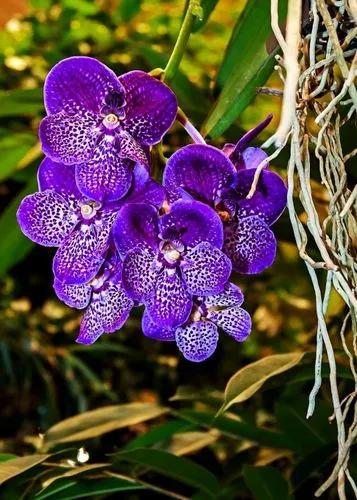A herbaceous perennial, it grows 4 ft (120 cm) high, with fern-like foliage. The leaves are linear, pinnate, lobed and serrated, hairy and rough. The flowers are arranged in corymbs, or panicles, of a complex character; they are very large, often 5 in (13 cm) across. The smaller corymbs are arched or convex, causing the cluster or compound corymb to present an uneven surface. In the species the small flowers are of rich 'old gold' yellow colour, and are very rigid, almost hard. The flowering period is mid to late summer.[
Achillea Filipendulina Care
achillea filipendulina
Other names: Soldiers Woundwort



How to Care for the Plant

Water

Common yarrow is drought-tolerant, but if the garden receives less than 1 inch of rain in any given week, give the plant extra water.

Pruning

Yarrow needs to be pruned regularly for a few reasons: First, deadheading will keep the flowers in near-continual bloom. Additionally, the plant stems can begin to flop, particularly if it's grown in a hot, humid climate. Cut back the plant stems in late spring, before the yarrow flowers, to reduce the plant height and avoid that flopping. Finally, yarrow can, in certain conditions, become invasive. Pruning will help keep the plant in check by avoiding self-sowing.

Fertilizer

Yarrow plants are very low-maintenance, so an annual side-dressing with compost should be enough. A soil that is too nutrient-rich can encourage invasive spreading of the yarrow plant.

Sunlight

The bright yellow flowers love bright full sun.

Soil

Best grown in lean, dry to medium, well-drained sandy loams in full sun. Does well in average garden soils and tolerates poor soils as long as drainage is good. Avoid heavy clays and moist, rich, fertile soils. Plants tolerate hot and humid summers with some drought.

Temperature

A very hardy plant, tolerating temperatures down to about -25°c

Container

Yarrow (Achillea millefolium), a member of the daisy family, is perfect for growing in containers.

Additional

According to the ASPCA, yarrow is toxic to dogs, cats, and horses, causing increased urination, vomiting, diarrhea and dermatitis.

Popularity

1,039 people already have this plant 140 people have added this plant to their wishlists
Discover more plants with the list below
Popular articles






